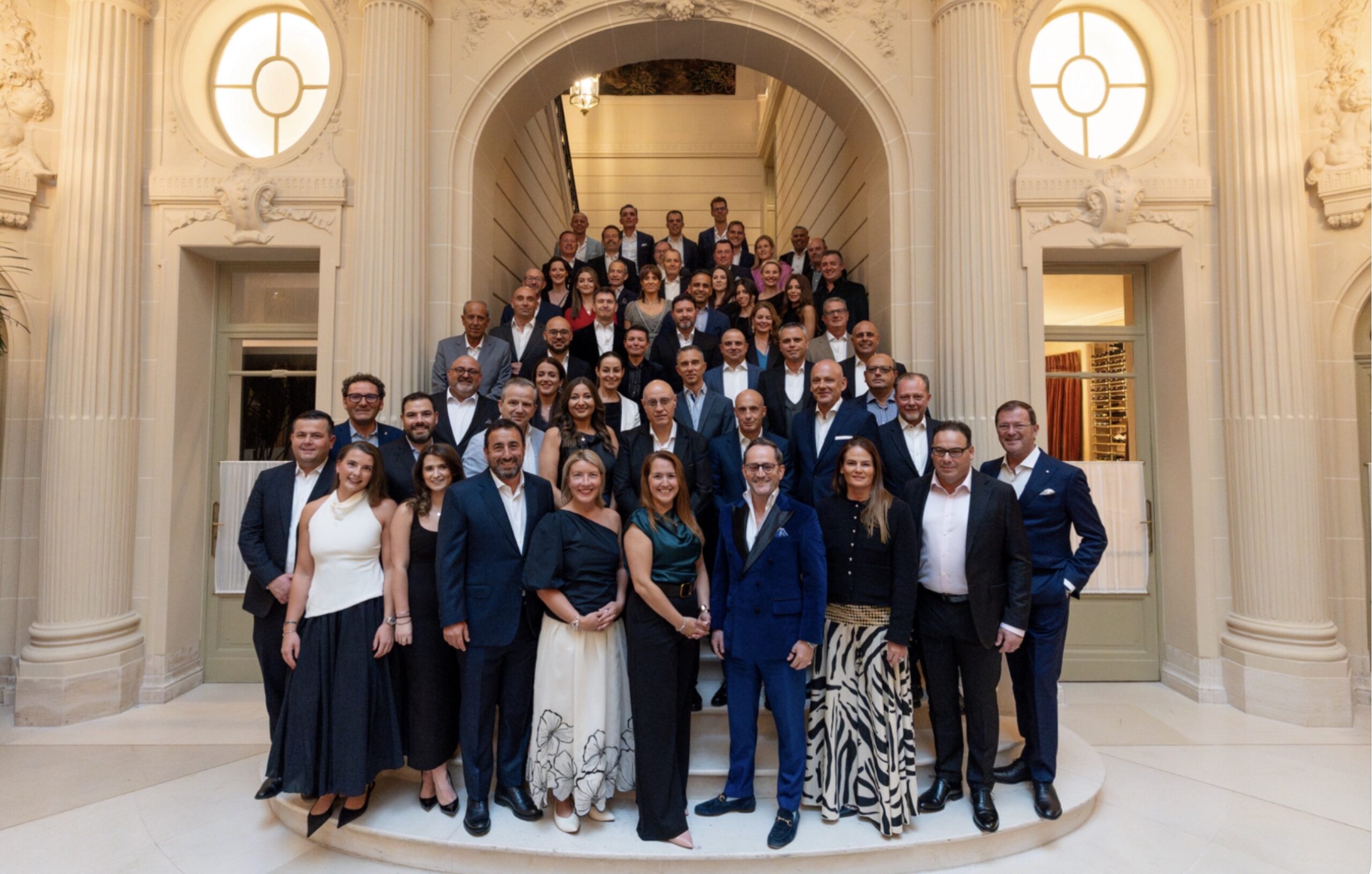A year ago I visited the restaurant Essence of India at Radisson Blu Resort & Spa, Malta Golden Sands and spoke to Chef Ranjeet Patil. The delicious cuisine and the vibrant personality of Chef Ranjeet made a memorable impact on me.
I chose to go back and pose a new set of questions to Ranjeet that demand creativity, imagination, and a deep understanding and experience. Chef Ranjeet welcomed me with his usual warmth.
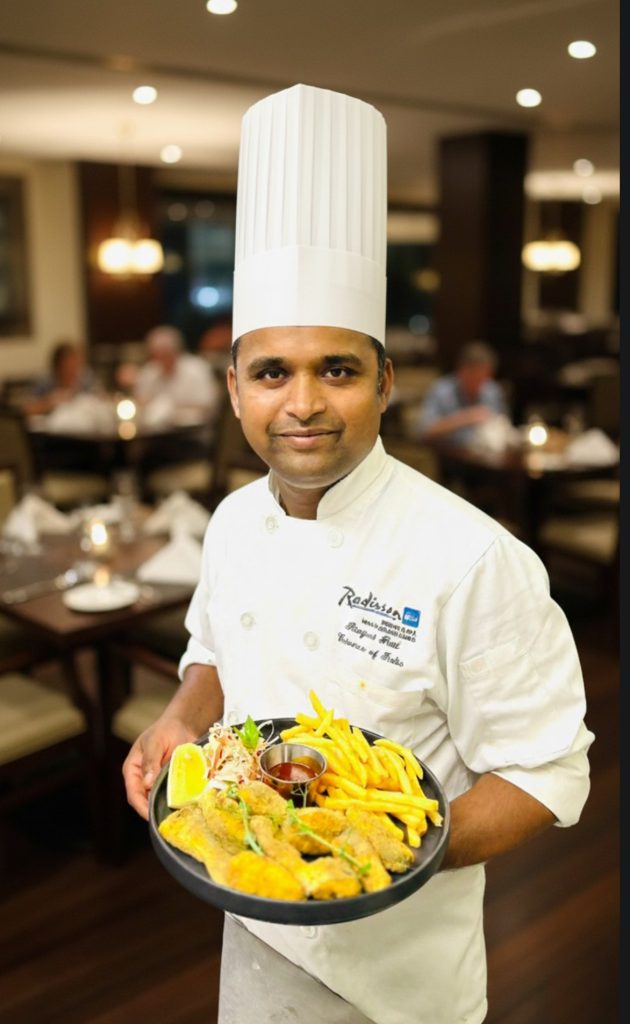
Chef Ranjeet Patil
He seemed quite surprised when I asked him to compare his cooking style to a particular genre of music and explain why. But he lost no time in answering me.
“It would be classical fusion – like Indian ragas meeting Mediterranean guitar. Both styles are rooted in tradition but open to improvisation, much like my food: respecting authenticity while finding harmony in new notes.”
I wondered which Indian spice best represented Chef Ranjeet’s personality in the kitchen, “ Cardamom. It’s subtle but powerful, aromatic yet balanced. Like cardamom, I like to bring warmth without being overwhelming – to elevate the dish rather than dominate it.”
Did Ranjeet perceive himself as an ambassador of Indian culture in Malta, or did he view his role more as a translator, adapting it for a new audience? He nodded slightly: “Perhaps a little of both. I want to showcase the soul of Indian cuisine, but I also adapt it thoughtfully, so Maltese diners feel invited rather than intimidated.”
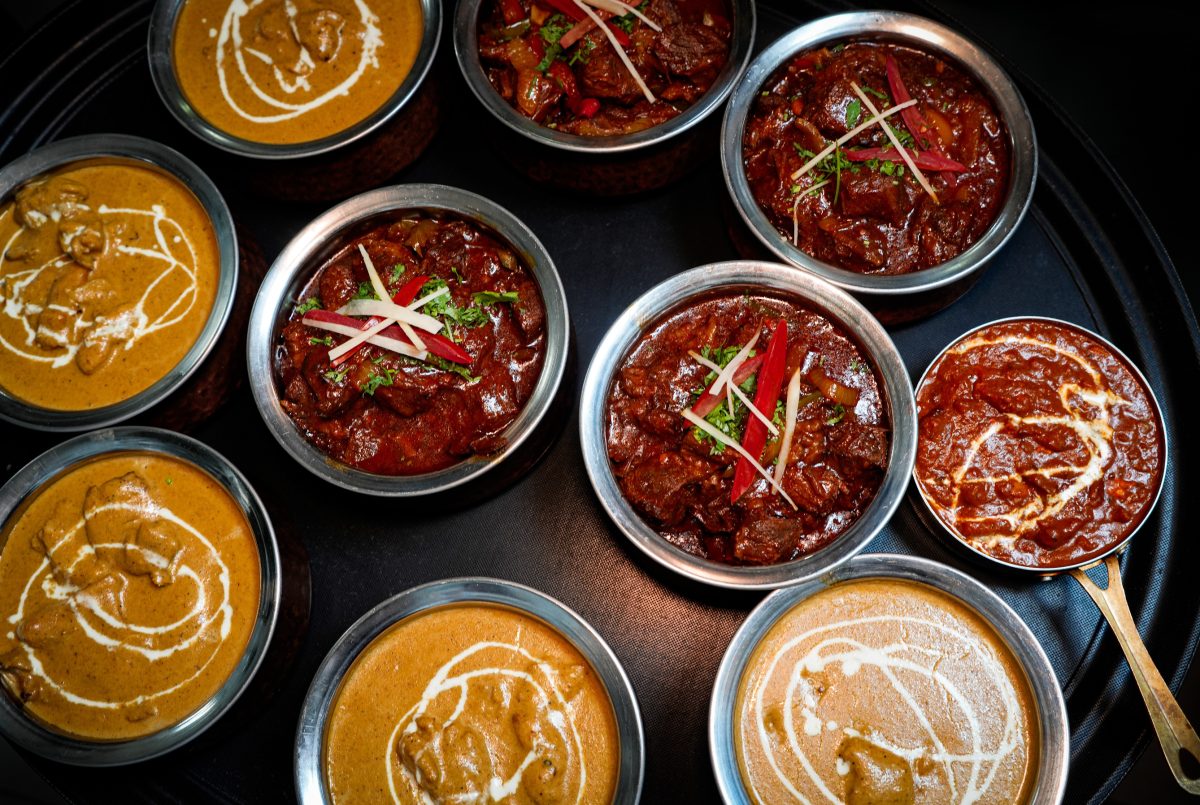
What was the most surprising reaction he had from Maltese diners trying authentic Indian flavours for the first time? “Many expect the food to be overpoweringly spicy, so they’re surprised when they discover layers of flavour, fragrance, and delicacy. Often, I hear: ‘I didn’t know Indian food could taste like this!’ If you look at reviews on TripAdvisor or surf online, you will find we have been awarded with Travelers Choice awards as the best Indian restaurant in Malta from 2021 to 2025. You’ll come across comments like: ‘This might be the best Indian restaurant in the world,’ ‘Do not miss out on this gem,’ and ‘The meal was out of this world.’ Such feedback tells me that authentic Indian cuisine can resonate deeply when it’s presented with care.”
I asked Ranjeet if he had to design a dish that marries Maltese and Indian cuisines, what would it look and taste like? I found his answer original and mouth watering: “I imagine rabbit, a Maltese favourite, slow-cooked in a Kashmiri-style saffron and fennel gravy. Or maybe pastizzi with a spiced paneer filling – flaky, familiar, but with an Indian heart.”
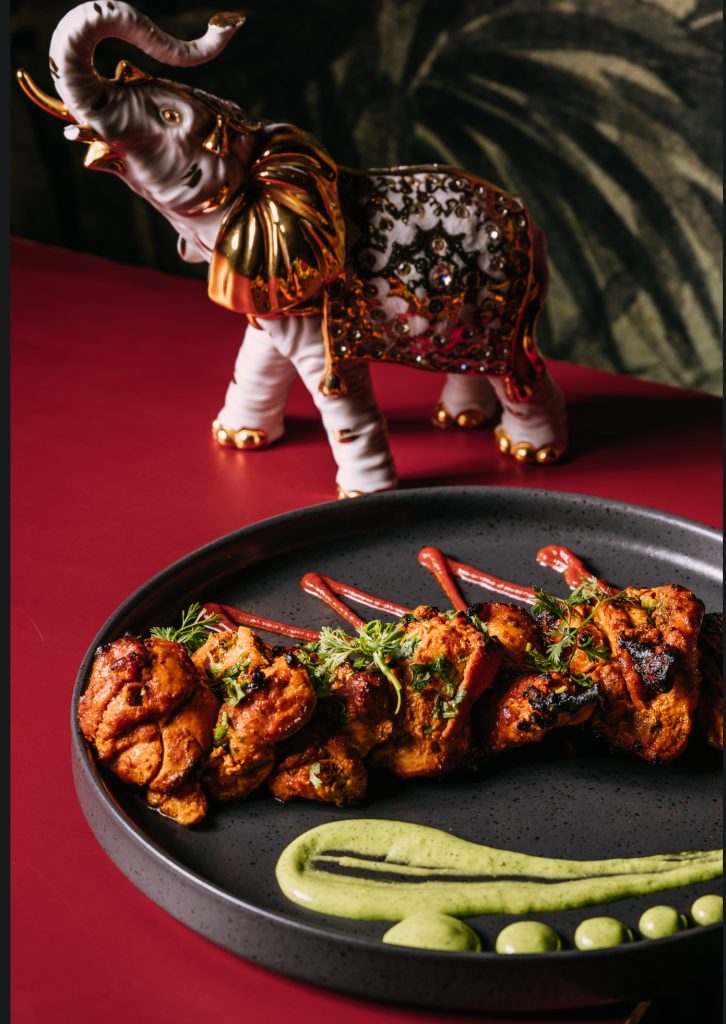
Has the Mediterranean climate or local produce changed the way Ranjeet interprets Indian food? “Absolutely. The abundance of fresh seafood, tomatoes, olives, and herbs pushes me to rethink traditional recipes. I use more seasonal vegetables and lighter cooking methods, keeping dishes vibrant and fresh in line with the Mediterranean lifestyle.”
I decided to ask the chef a teasing question: If you had to remove one spice forever from your kitchen, which one would hurt the most – and which one would free you creatively? I think this query must have tickled his mind before because he was too quick on the draw.
“Losing cumin would hurt – it’s the backbone of so many dishes. But removing turmeric might be freeing. It is iconic, yet sometimes it’s limiting because people expect it everywhere. Without it, I’d be challenged to find new ways of adding depth and colour.”
What traditional cooking “rule” from Indian cuisine did Ranjeet particularly enjoy breaking? “In India, mixing seafood with dairy is rare, but here in Europe, l’ve experimented with combinations like prawns in yogurt-based sauces, or fish cooked with cream and fenugreek.
“I’ve also enjoyed pairing lamb with Mediterranean herbs or incorporating cheese into spiced vegetable dishes. These kinds of mixes are not common in India, but in Europe they are not only accepted – they’re celebrated. Breaking those rules has allowed me to create unique flavours that surprise and delight diners.”
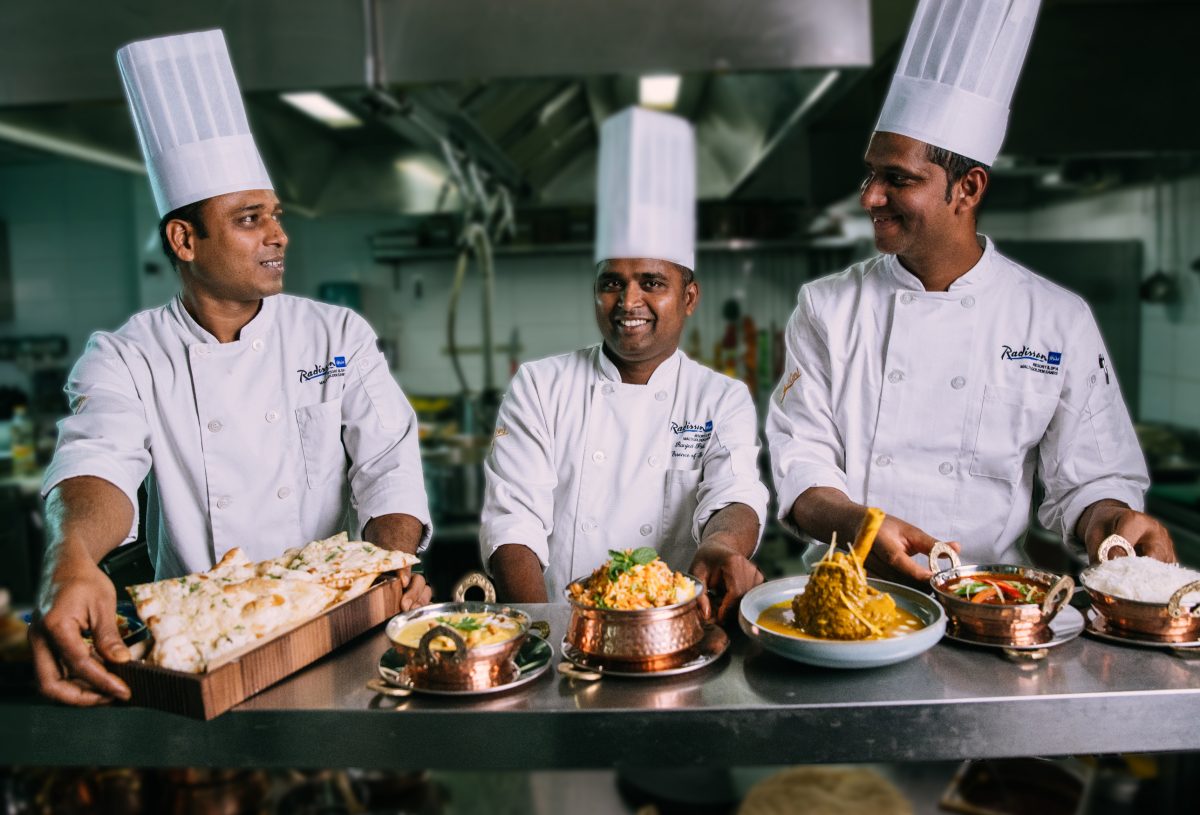
A fantasy question: If you could time-travel to cook for any historical figure – Indian, Maltese, or otherwise — who would it be and what would you serve?
Ranjeet smiled. “I would love to cook for Mahatma Gandhi. Food was an important part of his philosophy of simplicity, purity and nourishment of both body and soul. I imagine preparing humble thali, seasonal vegetables, lentil dal, hand-rolled chapati, a touch of pickle, and a small bowl of kheer for sweetness. Nothing fancy, but full of honesty and respect for the land. On the Maltese side, I would be fascinated to cook for Grand Master de Valette, the hero of the Great Siege. For him, I’d create a dish blending the strength of Malta with the spices of India – perhaps slow-braised rabbit in saffron and cardamom, paired with local olives and fresh herbs. It would be a bridge across centuries and cultures, honouring history through flavour.”
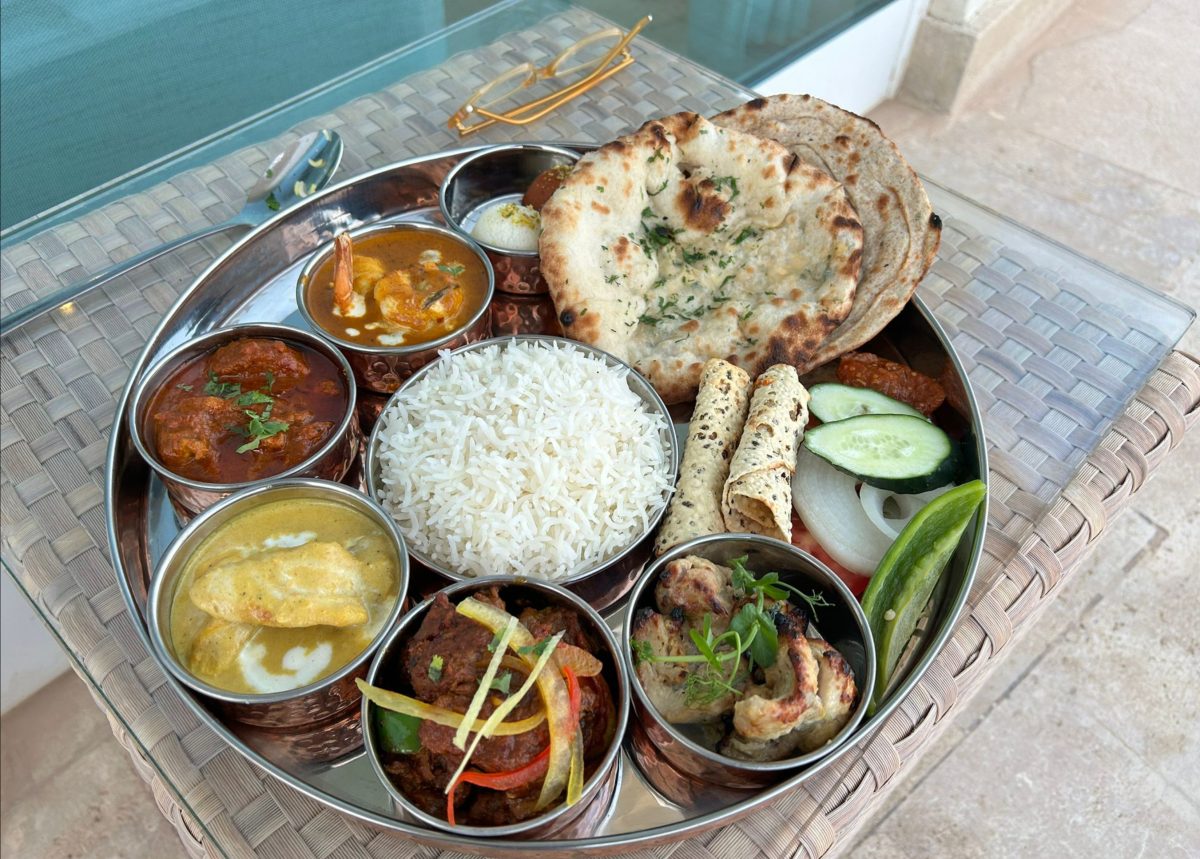
What story does Ranjeet hope diners will share about their meal when they leave Essence of India?
“I want them to feel they’ve been on a journey – not just one of taste, but also of culture and emotion. I hope they tell their friends that the food was authentic yet approachable, that the spices were layered like a story unfolding bite by bite, and that the service made them feel like honoured guests in my own home.
“Many guests describe their experience as “a little trip to India without leaving Malta.” That is exactly the story I want them to tell: that Essence of India is not simply a restaurant, but a place where flavours create memories, where tradition meets innovation, and where food becomes a connection between two worlds.”
Did Ranjeet cook differently when preparing food for family versus guests? He smiled and looked upwards as he measured his words. “For family, there is more instinct, less measurement – a touch more love in every spoon. For guests, precision matters, but the heart remains the same.”
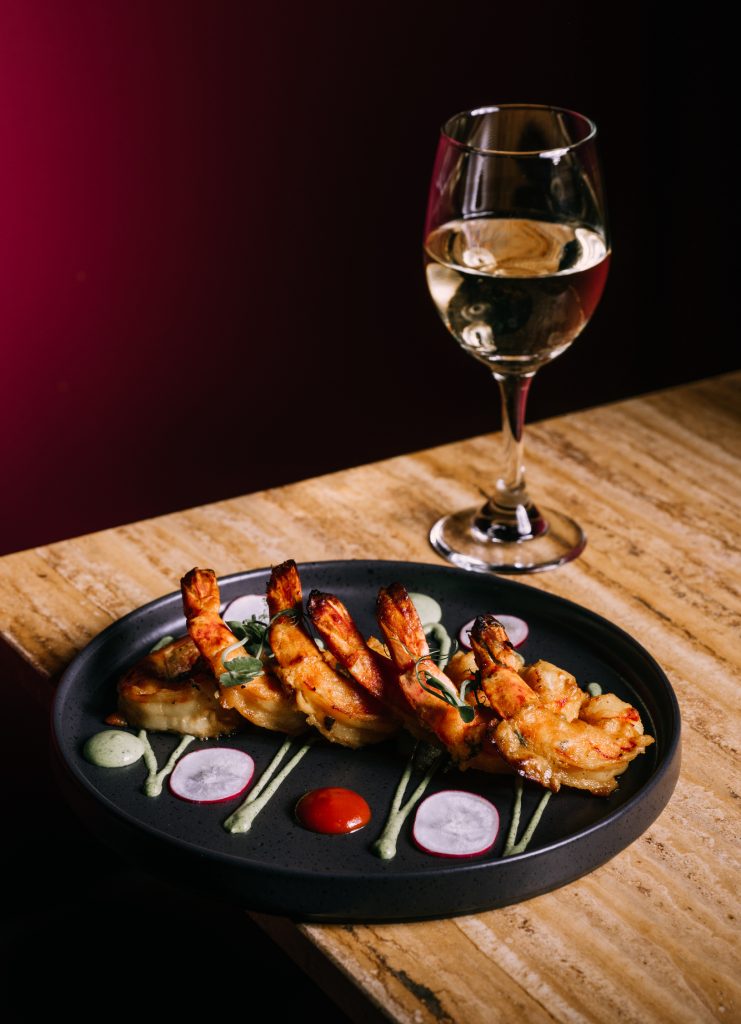
Will Indian food in Malta always remain an “exotic choice,” or can it become part of everyday dining culture here?
“I believe it can become part of everyday dining, just as pizza or sushi did. Once people experience the lighter, fresher side of Indian food, they will see it’s not only for special occasions.”
What is the next daring experiment that Ranjeet is eager to incorporate into his menu but hasn’t yet had the courage to attempt?
“A full tasting menu where each course represents a region of India, paired with Maltese wine. It’s ambitious, but I think it would tell a powerful story.”
One more teaser: If Essence of India could be remembered for one signature dish in 50 years’ time, what would Ranjeet want it to be?
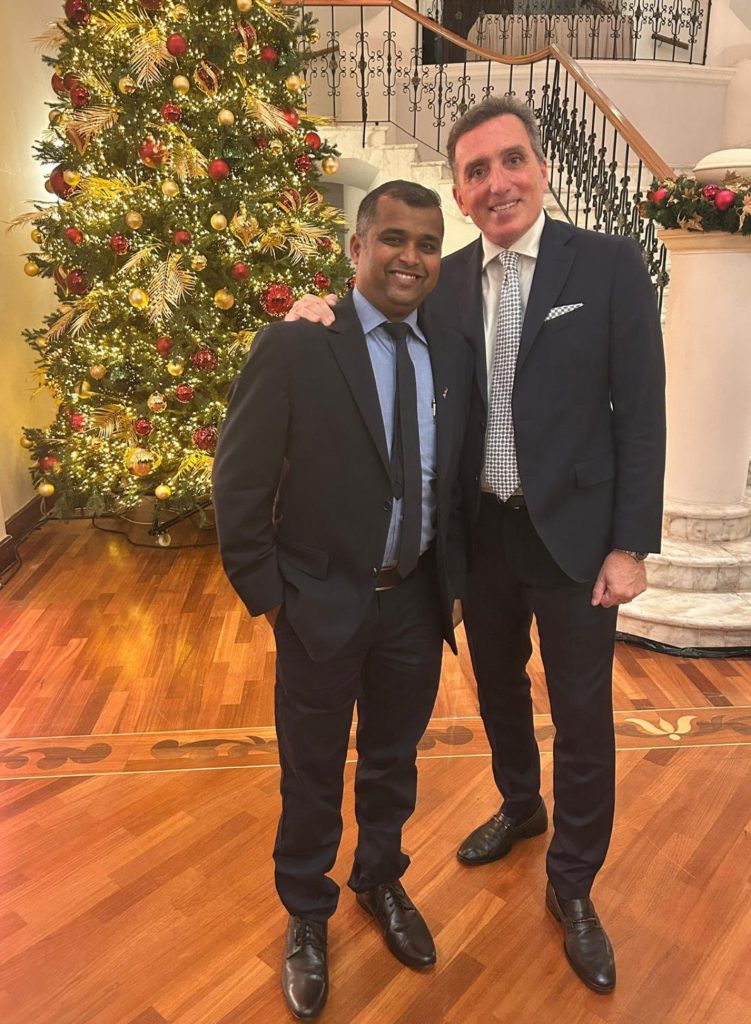
With General Manager Ernest Barry
“My butter chicken. It’s our General Manager Ernest Barry’s favourite dish. He is the person who had the idea to open an Indian restaurant and saw it through, and I am glad that my signature dish is also his favourite. I’ve refined it to carry my personal stamp: rich, balanced, comforting, and timeless. But equally, I would want our Essence Special Lamb Nali Nihari to be remembered. It’s our best seller and a true specialty – slow-cooked lamb shank in a deep, aromatic gravy that people fall in love with. Guests often say it’s the dish that makes them return again and again.”
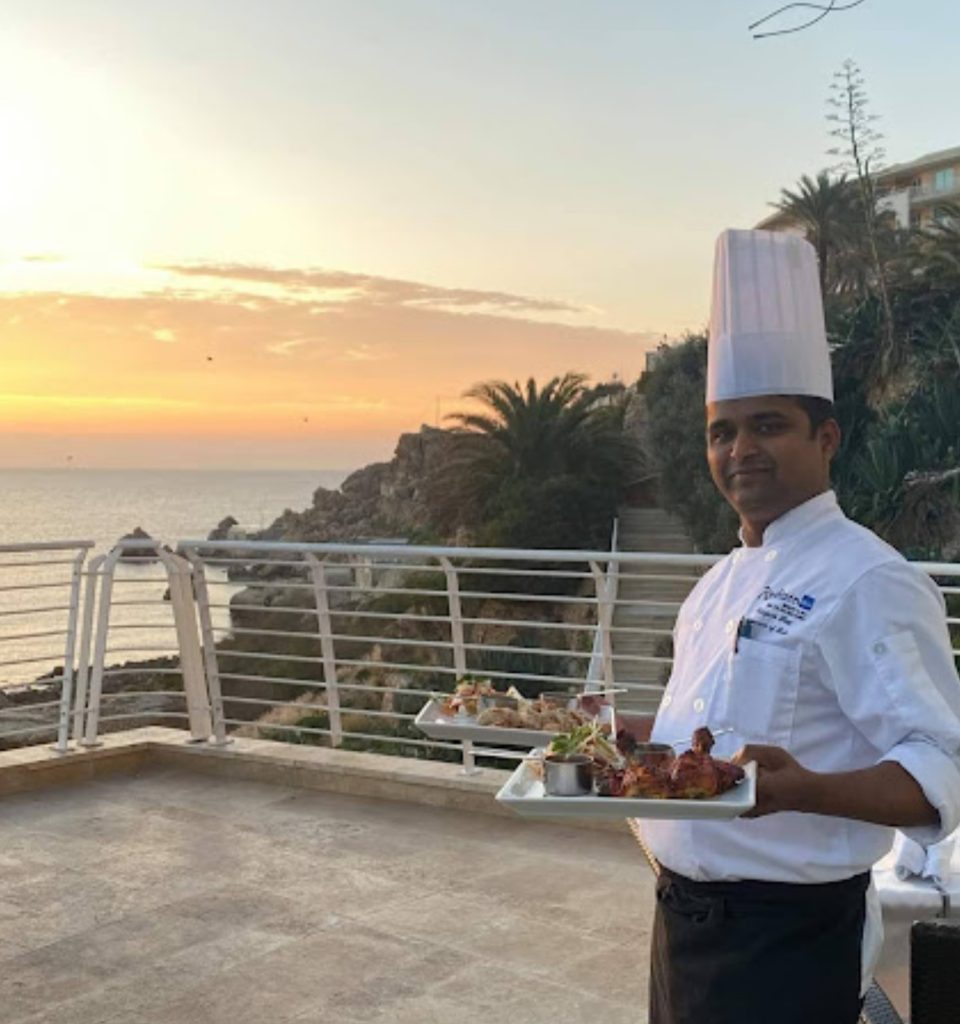
A tongue-in-cheek question: Do you consider yourself the top Indian chef in Malta? “I don’t think in terms of being ‘the best.’ My pride stems from my consistency, witnessing guest satisfaction, and representing Indian cuisine with honesty and authenticity. If others refer to me as the best, I appreciate their kindness; my focus is simply to keep improving.”



